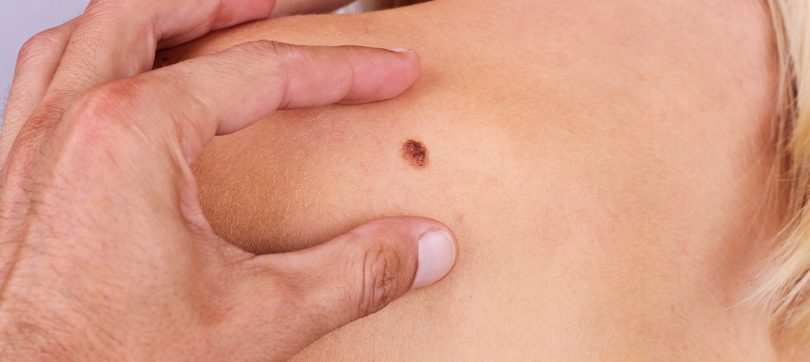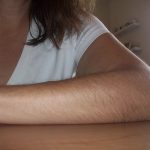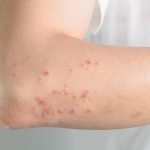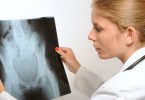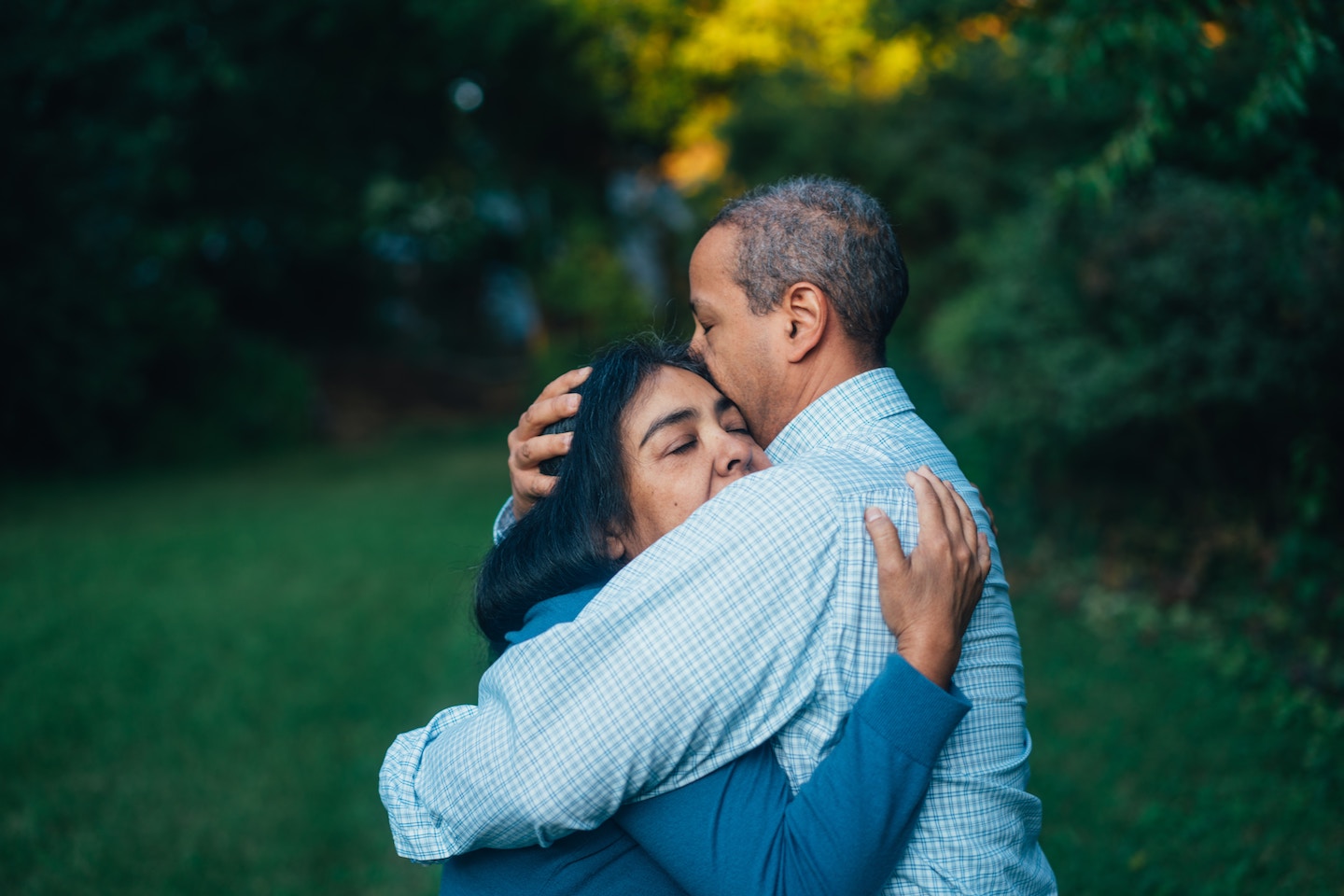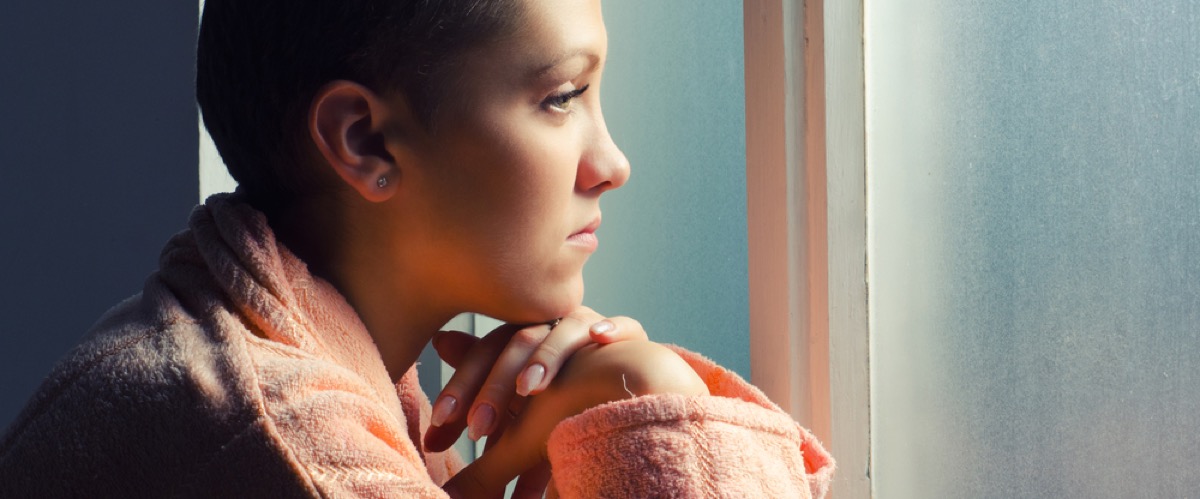Skin cancer happens when skin cells are damaged, for instance, by overexposure to ultraviolet rays from the sun. Melanoma – the most dangerous type of membrane cancer. Both basal cell carcinoma as well as squamous cell carcinoma are known as non melanoma membrane cancer. Two in 3 Australians may be identified with membrane cancer by the time they’re 70, with more than 434,000 individuals treated for over one non melanoma membrane cancers in Australia every year. Non melanoma skin cancer is more common in guys, with nearly double the prevalence compared to women. Excluding non melanoma skin cancer, melanoma is the 3rd most common cancer in Australian females and the 4th most common cancer in guys, and the most typical cancer in Australians aged 15-44 years.
Skin cancers account for about 80% of all newly diagnosed cancers. Between 95 as well as 99% of skin cancers are due to exposure to the sunlight. GPs have over one million patient consultations annually for skin cancer. The prevalence of skin cancer is among the highest in the world, two to 3 times the rates in Canada, the US as well as the United Kingdom. Non melanoma skin cancers aren’t notified to cancer registries. The earlier a skin cancer is recognized and treated, the better your potential for preventing operation or, in case of the severe melanoma or other skin cancer, possible disfigurement or death.
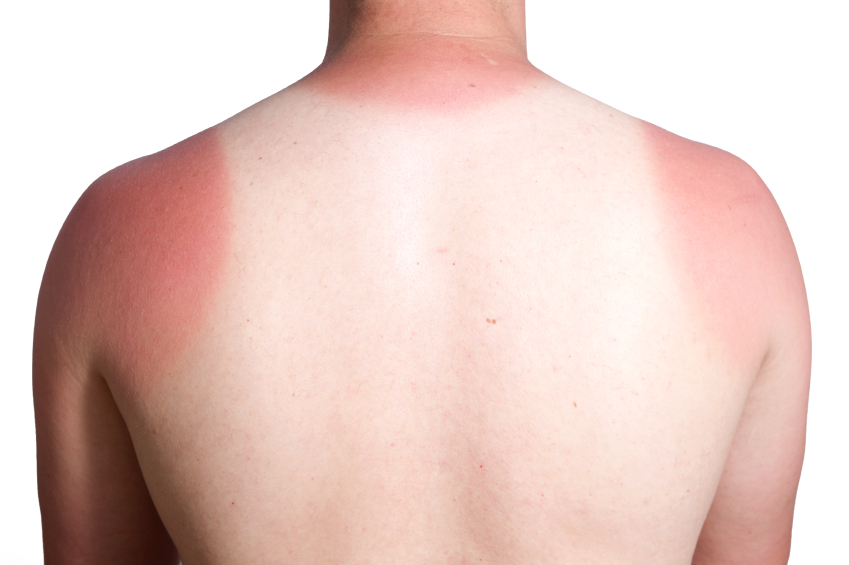
It is essential to get at know your skin and what’s normal for you, in order that you notice any changes. Skin cancers seldom hurt and are a lot more often seen than felt. Grow a regular habit of assessing your skin for new spots and modifications to existing freckles or moles. Make sure you check your whole body as skin cancers can occasionally happen in parts of the body not subjected to the sun, for example, soles of the legs, between fingers as well as toes as well as under nails. There are 3 main types of skin cancer- melanoma, basal cell carcinoma as well as squamous cell carcinoma.
The more moles an individual have, the higher the potential risk of melanoma. The more moles or freckles you’ve the higher your risk of skin cancer. Even though you might notice more than one skin changes, it doesn’t necessarily mean that you’ve skin cancer however it’s essential that you visit your GP to have them examined more. Your GP may discuss the skin cancer risk as well as advise you on your requirement for medical checkups or self examination.
More from Things Health
-
Symptoms Of Prostate Cancer
Cancer of the prostate affects more than 200,000 men each year in the US alone. Worldwide statistics for prostate cancer continue to grow tremendously, and…
-
Symptoms Of Ovarian Cancer
Ovarian cancer is often referred to as a quiet disease as it usually isn't discovered until it is in the advanced phases. In nearly all…
-
Visual Signs of Poor Health That You Probably Ignore (But Shouldn't)
We often think that being diagnosed with an illness such as diabetes, heart disease, stroke or cancer as something that happens out of the blue.…
-
10 Serious Conditions That Rashes And Hives Can Indicate
Hives, also known as Urticaria in medical terms, is a frequent symptom that is experienced by people with allergies to various medication, foods, and viral…
-
Understanding Rare Forms Of Lung Cancer
One rare type of cancer is called Mesothelioma, a dangerous tumor in the mesothelial tissues of the lungs as well as the abdomen, rising from…

